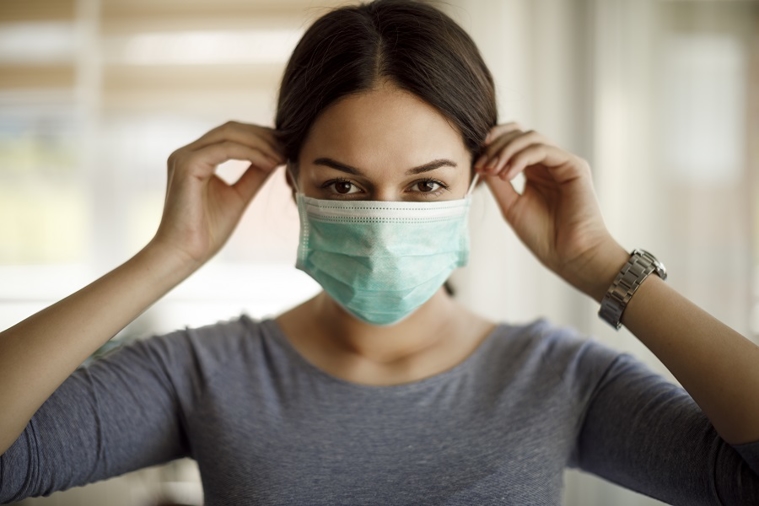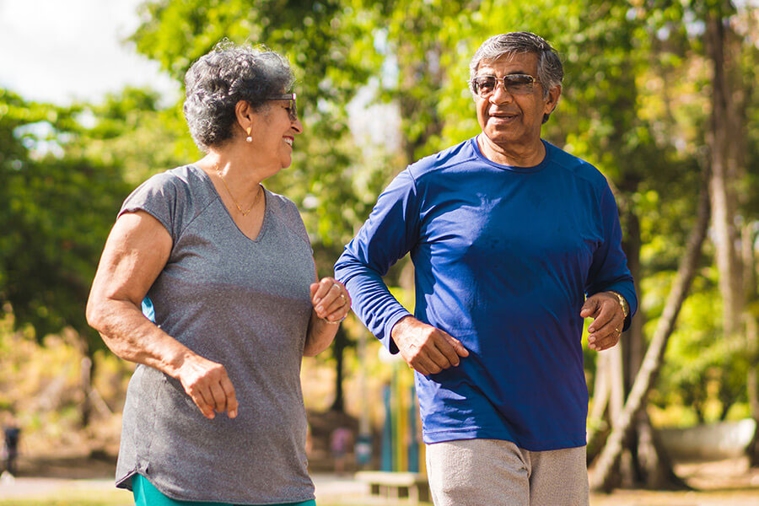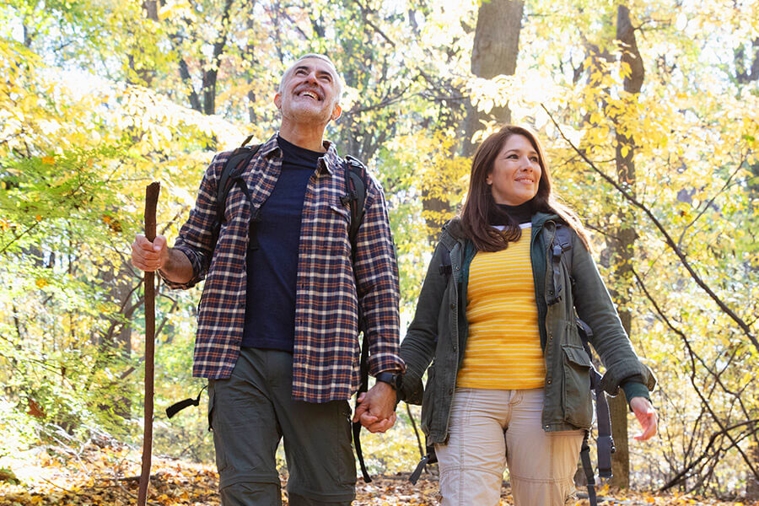
Staying safe when you need to go out
With all 50 states reopening to some capacity this summer, many people are wondering how to navigate a COVID-19 world. As you begin returning to some of your normal routines, how can you stay safe?
Maintain the basics
Many of the guidelines for staying safe from coronavirus have remained the same. Even though more stores and public places are reopening, people still need to wash their hands regularly, practice social distancing and wear masks.
Excellent hand hygiene is one of the most significant controllable ways to prevent the spread of COVID-19. Many people may start slipping into old habits of only washing their hands before eating or after using the restroom. But we all need to continue frequent handwashing, especially after being in public spaces or after coughing or sneezing.
Wash your hands with soap and water for at least 20 seconds, or as long as it takes to sing “Happy Birthday.” When soap and water is not readily available, use a hand sanitizer of at least 60% alcohol.
As much as possible, continue to maintain social distancing—that means staying at least six feet apart in the grocery store, in the office or even at church. Keeping this distance is especially important for people in higher-risk health groups, which includes adults over the age of 65 and those with underlying medical conditions, such as asthma, diabetes or heart disease.
When should I wear a mask?
The World Health Organization advises people to continue wearing cloth face coverings in all public spaces, especially when social distancing is challenging. This includes every scenario from picking up groceries to getting a haircut to ordering food in a restaurant.
Make sure your fabric face mask fits without leaving gaps on the sides. The mask should fully cover your mouth, nose and chin. Always wash your hands thoroughly before and after handling the mask, and avoid touching the mask while you are wearing it. Wash your cloth face covering as often as possible, up to once per day, with warm soap and water.
What about work?
This summer, experts recommend that people continue to telecommute as much as possible. However, for some, working from home every day is no longer feasible. What precautions can you take to stay safe in the workplace?
Handwashing, social distancing and mask-wearing all still apply in the workplace. Additionally, be proactive about disinfecting workspaces daily. In addition to cleaning your own work station, ask your employer about disinfecting common areas and high-touch surfaces, such as tables, telephones and door handles.
If you begin experiencing any common cold or flu symptoms, stay home from work and separate yourself from others. If you are in a high-risk medical group, call your healthcare provider if symptoms appear.


